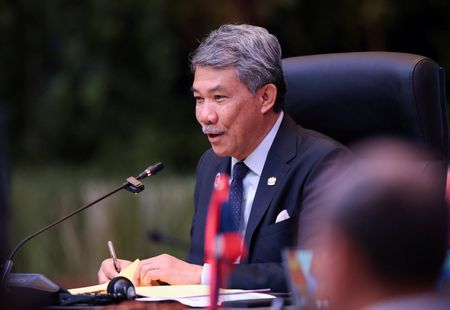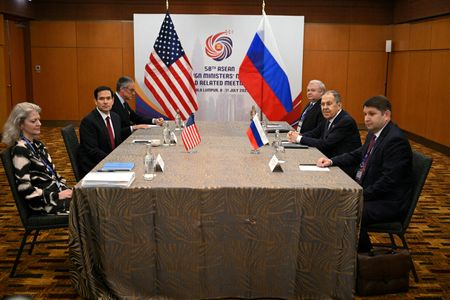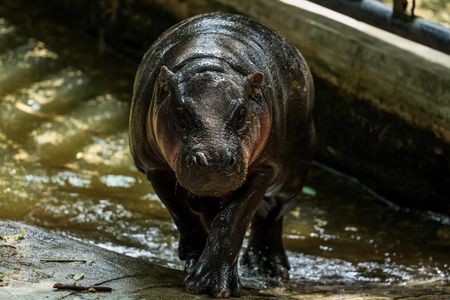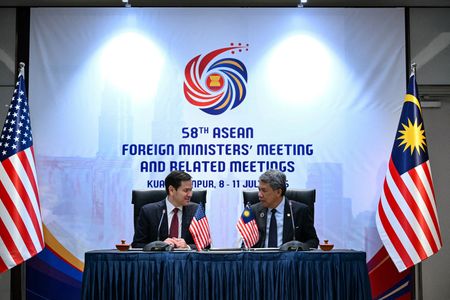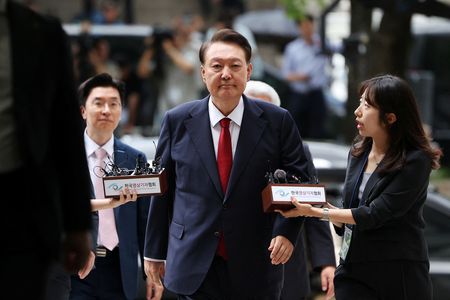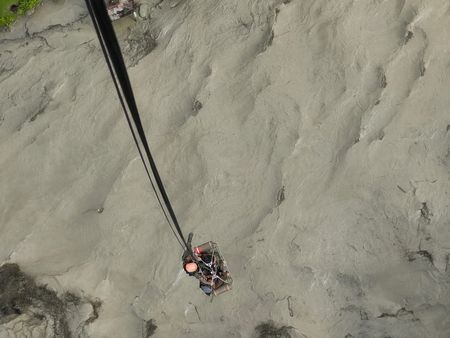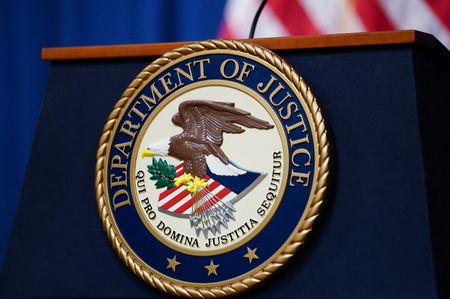KUALA LUMPUR (Reuters) -China will sign up to a Southeast Asian treaty banning nuclear weapons in the region as soon as all documentation is ready, Malaysia’s foreign minister said on Thursday.
The Southeast Asian Nuclear Weapons Free Zone, or SEANWFZ, has been in force since 1997, limiting the use of nuclear power by members to peaceful purposes, such as power generation.
ASEAN’s objective is for the world’s nuclear powers, including China, the United States, Britain, Russia and France, to sign the treaty and commit to non-use or movement of nuclear weapons in the region, including countries’ exclusive economic zones and continental shelves.
“China made a commitment to ensure that they will sign the treaty without reservation,” Foreign Minister Mohamad Hasan told reporters on the sidelines of a meeting of counterparts from the Association of Southeast Asian Nations and partner countries.
China is in communication with ASEAN countries about the signing of the protocol, its foreign ministry said.
“China has always firmly supported the establishment of a nuclear-weapon-free zone in Southeast Asia, and has repeatedly expressed its willingness to take the lead in signing the protocol to the treaty,” ministry spokesperson Mao Ning told reporters at a regular news briefing.
China’s Foreign Minister Wang Yi is currently in Kuala Lumpur to attend meetings with his ASEAN counterparts.
(Reporting by Ahmad Luqman Ismail in Kuala Lumpur and Liz Lee and Colleen Howe in Beijing; Editing by Martin Petty and Raju Gopalakrishnan)

